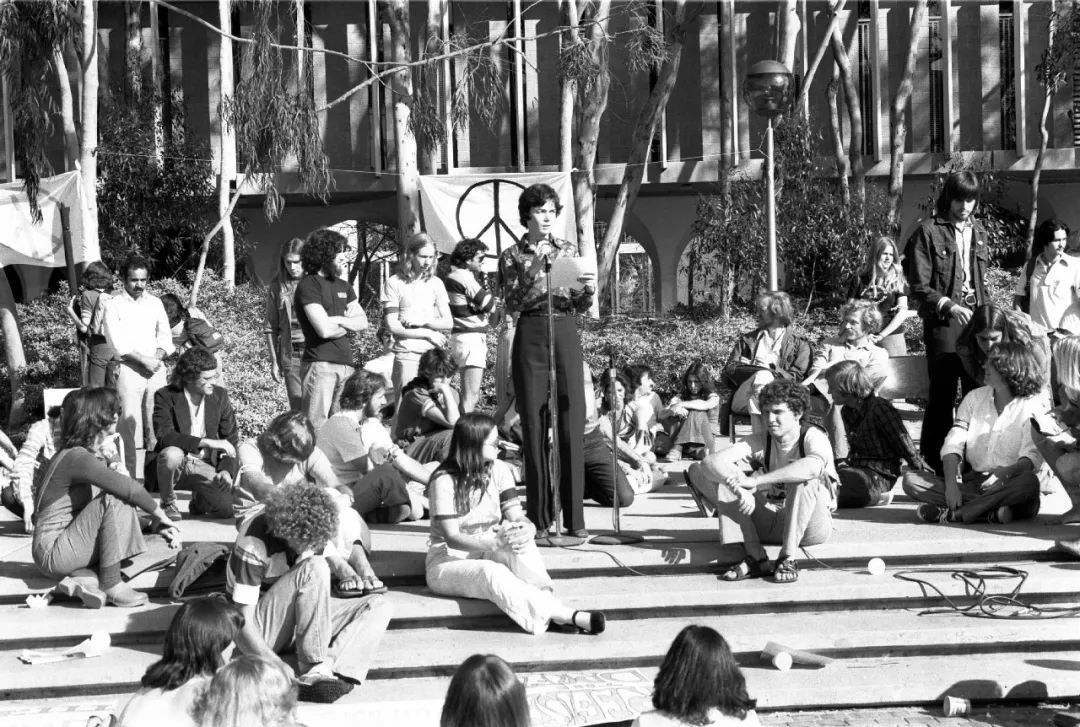(单词翻译:单击)
视听文本
The USSR undoubtedly suffered the most during the Second World War, to a level Americans can't really understand.
苏联在二战中无疑付出了最惨重的代价,是美国人无法真正理解的
That said, America has nothing to be ashamed of and everything to be proud of.
尽管如此,美国也没什么要感到惭愧的完全有理由骄傲自豪
President Franklin Delano Roosevelt did not live to see the end of the war.
富兰克林·德拉诺·罗斯福总统没有亲眼见到战争结束
He died of a stroke on April 12th 1945, succeeded by his vice-president Harry S, Truman of Missouri.
1945年4月12日因中风逝世,由副总统密苏里的哈里·S·杜鲁门继任
Roosevelt's war-time policies remained in effect.
罗斯福的战时政策仍然生效
And one of these was to get the Soviets to help fight the Pacific war.
其中一个政策就是让苏联帮忙打太平洋战争
Given the Japanese fanatical military spirit, defeating Japan might take years of bloody fighting and millions of lives.
鉴于日本疯狂的战斗精神,要击败日本可能需要数年的血战,牺牲上百万人
Logically, Soviet help would bring the Pacific war to a much quicker end than the US could accomplish all by itself.
因此逻辑上来说,苏联如果帮助孤军作战的美国,将能够更快地终结太平洋战争
The Soviets did jump eagerly into the Pacific war after Germany surrendered in May 1945, but they wouldn't stay engaged for long.
苏联在1945年5月德国投降后,也的确加入了太平洋战争,但他们不会打上太久
He had been kept in the dark as vice-president,
杜鲁门担任副总统的时候一直不知情
but when Truman learned that atomic bombs were ready to be used on Japan, he decided to go ahead and use them.
等他得知原子弹可以对日本使用的时候,决定使用原子弹
视频及简介
课程介绍:
本次课追溯了美国从一战开始到二战结束的期间外交政策的发展,也涉及了一点国内政策。
原声视频:


